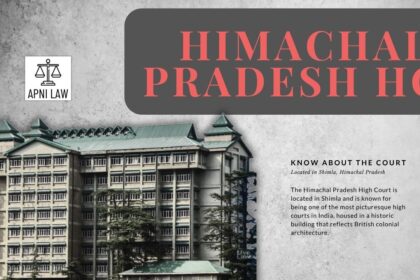The Supreme Court has reaffirmed that the mere recovery of a blood-stained weapon matching the victim’s blood group is not enough for a murder conviction. A bench of Justices Sandeep Mehta and Prasanna B. Varale dismissed an appeal by the State of Rajasthan challenging the acquittal of a murder accused. The Court upheld the Rajasthan High Court’s 2015 verdict, which had overturned the trial court’s life sentence against the accused. The case involved the murder of a victim in 2007. The trial court relied on motive and the recovery of a weapon with the deceased’s blood group (B+ve) to convict. However, the High Court found the circumstantial evidence incomplete. The Supreme Court agreed, stating that even with the FSL report, the weapon’s blood match was not sufficient proof of guilt. It cited Raja Naykar v. State of Chhattisgarh (2024) to emphasize that such recovery alone does not establish murder.
The Court held that without conclusive proof ruling out innocence, no interference in acquittal is warranted. Thus, it dismissed the appeal, reinforcing the principle that every link in the chain of evidence must be established in cases based on circumstantial proof.








